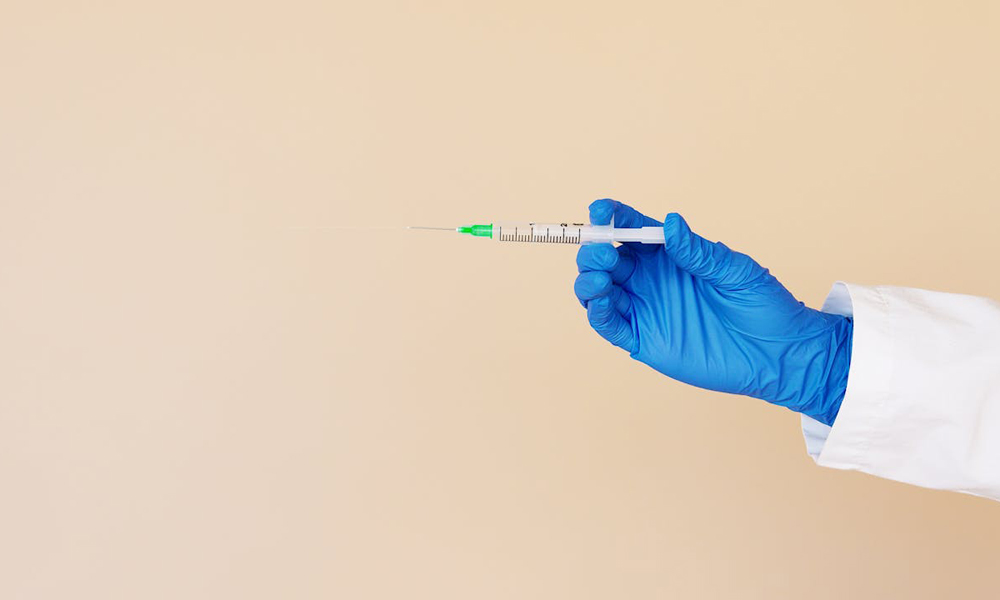Raising awareness about Mycoplasma genitalium, the under-recognized sexually transmitted infection…
Mycoplasma genitalium (MGen), though not as notorious as chlamydia or gonorrhea, is an emerging sexually transmitted infection (STI) that deserves a little more attention. It’s a significant public health concern due to its potential to cause severe reproductive health issues if left untreated. First identified in 1980, this bacterial infection often goes unnoticed due to its lack of recognition among the public and sometimes, even healthcare providers.
Here’s more information on MGen, its risks, symptoms, and prevention measures.
What is Mycoplasma genitalium (MGen)?
Mycoplasma genitalium is a tiny bacterium that affects the genital and urinary tracts of both men and women. It is transmitted through sexual contact, making individuals who are sexually active susceptible to this infection. Since MGen often presents with mild to no symptoms, it’s usually underdiagnosed and underreported.
It affects all genders. In gay and bisexual men, it’s more likely to be present in your urethra or rectum than in your throat.
Symptoms and risks
While many carriers of MGen remain asymptomatic, others may experience signs of infection. Women may encounter pain during sex, bleeding after intercourse, or discharge, while men might face a burning sensation during urination or discharge from the penis. The infection can lead to more severe conditions, such as pelvic inflammatory disease in women and urethritis in men if not identified and treated in time.
Diagnosis and treatment
MGen diagnosis is typically based on nucleic acid amplification tests (NAATs), which detect the bacteria’s genetic material in urine samples or swabs from the urethra or cervix. These tests are highly sensitive and specific for identifying the presence of MGen.
Once diagnosed, MGen is usually treated with antibiotics. The recommended first-line treatment is azithromycin, followed by moxifloxacin if the infection persists. It is crucial for individuals diagnosed with MGen to notify their sexual partners so they can also be tested and treated if necessary, helping curb the spread of the infection.
Prevention and awareness
Prevention is always better than cure, and this holds true for MGen as well. Adopting safe sex practices, such as using condoms consistently and correctly, can significantly reduce the risk of MGen transmission. Individuals should also consider regular STI screenings to identify and address infections early, particularly if they have multiple sexual partners or are in non-monogamous relationships.
Increasing public awareness and understanding of MGen is fundamental to preventing its spread and mitigating its impact on public health. While MGen may not be as well-known as other STIs, acknowledging its presence and taking preventive measures are essential for sexually active individuals.
Mycoplasma genitalium, while underrecognized, is a significant public health concern due to its potential to cause severe reproductive health issues if left untreated. By increasing awareness, promoting prevention, and encouraging regular testing, we can collectively take steps towards reducing the prevalence and impact of this overlooked STI.






POST A COMMENT